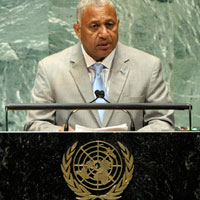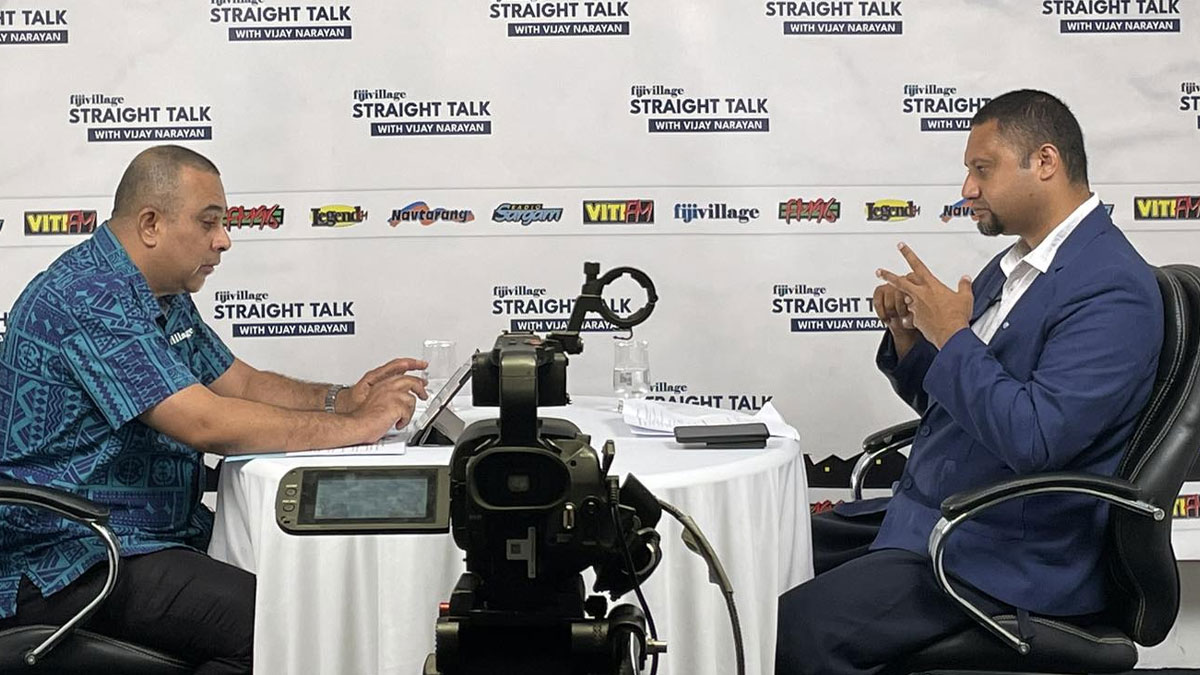
Prime Minister, Commodore Voreqe Bainimarama has told a high level meeting in the UN General Assembly that the government is removing electoral provisions that were based on race because it has clearly divided the people over the years.
Speaking in New York earlier today, Commodore Bainimarama said Fiji has a history of racial discrimination and until 2009, the Fiji constitution created a parliament which preserved communal seats where a voter could only vote if he or she came from the same racial group as the candidate.
He said ethnicity was also a distinguishing feature to access services, housing, education and political favors.
He said these features of racism resulted in a lack of unity, a culture which was undemocratic and led to the growth of nationalistic violence in the society.
The Prime Minister told the UN delegates that for a hundred years, the different ethnic groups in Fiji were unable to call themselves "Fijian", because this was a term reserved for the indigenous population.
He said citizens were born in Fiji, carried Fiji passports, they were called "Fijian" in every other part of the world, yet they could not call themselves "Fijian" in Fiji.
Commodore Bainimarama said the government has changed that now and every citizen can call themselves "Fijian" with no fear of reprisal.
He also highlighted the abolishing of race based school names.
Commodore Bainimarama said the government wants the schools to open up to children of all ethnicities and to ensure that schools do not perpetuate ethnic polarization.
He said Fiji looks forward to working with the international community through the Convention on the Elimination of All Forms of Racial Discrimination and the Durban Declaration to fight against racism.
Commodore Bainimarama said addressing racism and racial discrimination is central to Fiji.
Commodore Bainimarama stressed in the UN meeting that declaration of equality in the law, in constitutions and in human rights provisions are only the beginning of a long and hard battle to transform unequal societies into communities committed to equality.
Story by: Vijay Narayan
Stay tuned for the latest news on our radio stations


